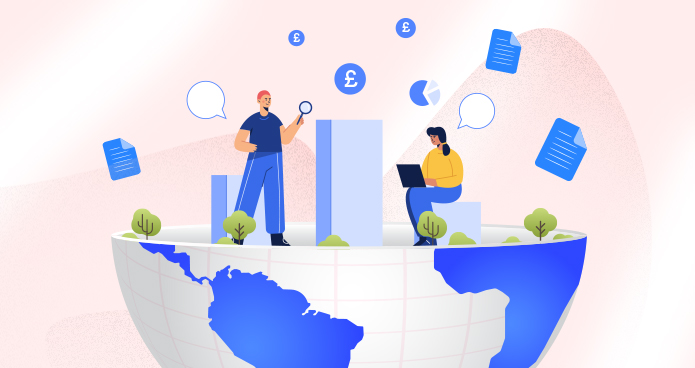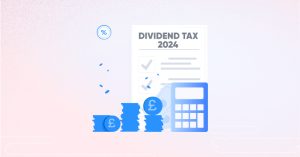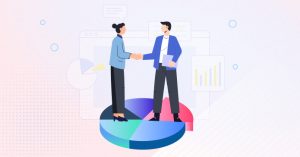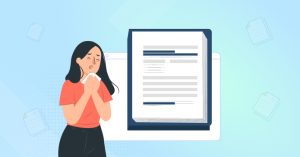- More than 199 tonnes of paper have already been manufactured as we speak (paper production in 15 seconds).
- Globally, 386 million hectares of forest which equal to the size of France were destroyed from the year 2001 to 2019. (In all forest types combined).
- From 2020, paper mills were expected to produce 500,000,000 tonnes of paper and paperboard per year.
- It takes twice as much energy to make the paper as it does to make a plastic bag. Paper production involves cutting down trees and it consumes 42% of wood harvest globally.
Is it worth chopping down our life-saving trees for paper?
According to a survey, conducted by research firm, Loudhouse on Kyocera’s behalf discovered that the average office worker consumes around 10,000 sheets of paper every year and as many as 6,800 of those sheets are thrown away. British retailers give us 11.2 billion paper receipts at £32 million every year. These appear to weigh more than 7.5 million kilos - just about the same as 1,380 adult elephants.
HMRC urges firms to join Making Tax Digital, finance and accounting decision-makers have admitted to losing paper receipts. Similarly, according to a new YouGov study, senior decision-makers in finance and accounting admit to not being ideal at retaining receipts, with 65 percent admitting to having misplaced them. According to a YouGov poll conducted for HM Revenue and Customs (HMRC),92% of senior makers personally bank online, nearly 62% support all tax accounts being digitalized, and 25% of those working in a small business spend more than 10 hours per week on administrative tasks.
It is antiquated, and no one in their mind wants to spend their days sorting, shuffling, stacking, and trashing daily paperwork.
Drawbacks of using paper accounts with your clients:
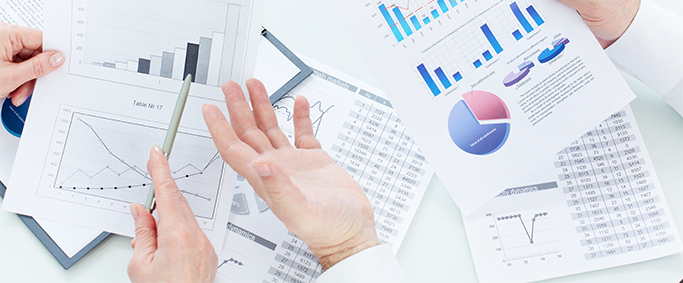
- It is quite inefficient.
- Paper data reconciliation is a nightmare.
- Excessive time consumption by sorting receipts.
- Errors are tough to locate and correct.
- Every edit means another paper wasted.
HMRC is urging companies to join its digital transformation and save time on paperwork by trying the new Making Tax Digital tool for filing VAT returns. Almost every accountant in every country charges their clients for their time. When Making Tax Digital is implemented for accounting periods beginning on or after April 1, 2019, most firms over the VAT threshold will be required to retain their records digitally and submit their VAT returns using appropriate software. You can find out which software in the market is compatible with your business` VAT needs here.
Why don't you join the 16,500 businesses who have already joined up to complete their VAT digitally?
Let us look at some paper facts and statistics to see what the numbers have to say about this.
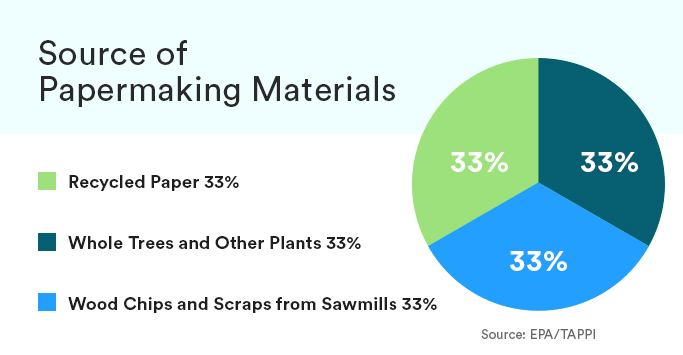
- In 2017, 44.2 million tonnes of paper/paperboard were recycled. This equates to a recycling rate of 65.9%, the highest of any substance in municipal solid waste.
- In 2017, 79% of the paper and cardboard used in the UK was recycled.
- The EU's current paper recycling rate is 71.5%. The target rate for 2020 was 74%. Paper can be handmade by following simple and convenient steps, but the demand for it is so much that the majority is produced by massive machines. Regardless of the technology employed, there are primarily two stages: preparing the pulp and then molding and drying it into final sheets or rolls.
Let us find out what and how much raw materials are used during paper production with the help of a graph.

The (green line) recycled paper has now surpassed wood pulp (brown line) as the primary raw material source.
In 2019, over 72 percent of the paper in Europe (EU plus Norway and Switzerland) was recycled, compared to only 40 percent in 1991. Despite this, excessive amounts of wood are still utilised to make paper: the European paper industry uses approximately 154 million cubic meters of wood each year (28% hardwood and 72% softwood), but only about 40 million cubic meters of that (less than a third) trickles down into paper mills as usable pulp.
Chart statistics extracted from Key Statistics: Key Statistics: European Pulp and Paper Industry 2019, Confederation of European Paper Industries (CEPI), 2020.
What can we do to mitigate the negative impact of paper consumption?
- Take steps to determine whether your business is affected by the Making Tax Digital changes and what are the necessary procedures are expected to do if it is - most businesses above the VAT threshold must begin keeping digital records and sending their VAT returns to HMRC directly from their software for VAT periods beginning on or after 1 April.
- If you have an accountant or another agency to manage your VAT concerns, inquire about how they are submitting returns. Complying with the Digital Tax Act.
- If you already use particular software, check with your software provider to confirm compatibility.
By doing all this and shifting to digital business, you will be able to focus more on your day-to-day company activities – and assist your accountants in making strategic decisions that will increase your profitability. We want business owners and taxpayers to utilise these applications so that accountants can make better judgments for your business based on precise financial data analysis.
Other primary things we can do to reduce the negative effects of paper consumption include:
- Reduce your use of paper. When paper is not required, do not use it.
- When possible, reuse paper.
- Recycle as much as you can and use recycled paper wherever feasible.
- When feasible, choose eco-friendly paper alternatives.
- Improved forest management.









